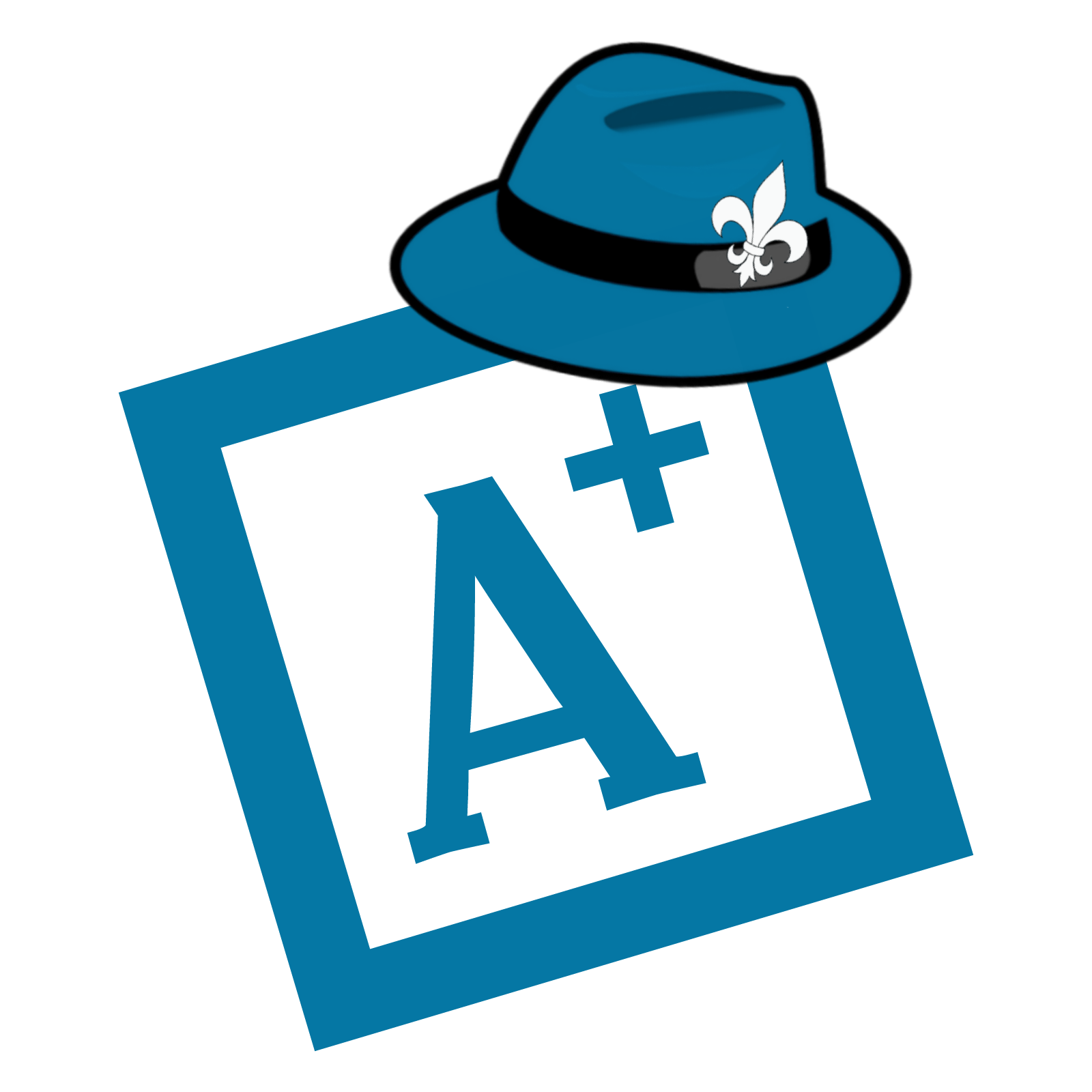Learning French may seem a daunting task if you imagine that the language you know, English, is totally different from French. It appears as a huge mountain to climb when in reality, you already have almost 50% of the job done just by knowing English.
So how do I take my knowledge of English and apply it to French?
You may need to review your parts of speech (see below) before you start but then you can use a chart to physically represent the connection between the 2 languages instead of focusing on the differences.
For your brain to remain in a happy place that encourages learning as opposed to creating more stress, focus your attention on the common aspects of the two languages and when you encounter differences, work on those one at a time.
Why a chart?
A chart is a physical representation of a sentence in French to compare it to its translation in English. Here are the benefits of charting out sentences:
- It allows you to chunk down language concepts into small units that are already known to you: verbs, adverbs, nouns, adjectives, etc.
- It can help your brain feel at ease about new concepts because it can relate to a known factor: English.
- You can draw your own conclusions about the language and be able to use those conclusions to make your own sentences, allowing you to not be limited to pre-determined phrases and specific learning from a course.
- It can be used at any level, from beginner to advanced.
Understanding English sentence structure
What’s a part of speech? It’s a category assigned to a word in accordance with the function it has in a sentence. For example:
Hey! A grey cat is eating under the table and it looks very grumpy!
- determiner (the, a)
- noun (pig, table)
- adjective (beautiful)
- pronoun (I, you – replaces a noun)
- verb (to eat)
- adverb (slowly)
- preposition (of, in, on)
- conjunction (and, or, but)
- interjection (ah!)
What does a language chart look like?
See? Start with a simple sentence and fill the parts you know are the same. In this case, there are only a few differences!! Since about 50% of the English language comes from French or a derivative of French, there’s no need to reinvent the wheel. Your brain will thank you for it and reward you with good successes!
Where can I get authentic sentences to work with?
You can start with a simple English sentence and translate it into French or work the other around if you are a bit more advanced. You can use Google Translate at your own risk but be critical of the outcome. You can use an online dictionary such as wordreference.com to translate each individual French word.
You can find authentic French sentences from a book, articles, songs and work your way towards English. You can also gain valuable insight into the language and learn new expressions.
And after?
The important part about this type of work is to help you be independent in your learning. Once you have chosen a sentence and translated it, focus on only one concept at a time. Journal to track your progress and note your observations. In this case, notice how adjectives (gris) comes after the noun (chat)? That’s one of the particularities of French and you just discovered it by a simple work on sentence charting!
———
Are you ready to step up your game?
Phew! Still with me? Great! Some of those tips are presented into more details in our free 3-day training to help you gain clarity on your goals. Do you want to be able to build your own action plan and finally succeed at learning the French language? If the answer is ‘yes’, click below to sign up for our FREE 3-day training!
If the answer is ‘no’, we’d love to hear your feedback. What have we missed in our attempt to help you take that first step? What obstacles might we have overlooked?
Was this article helpful? Let us know by sending us an email at info@alaperfection.ca or leave a comment below. If you found this article helpful on your language learning journey, please share with your friends and colleagues. You can also join the conversation on Facebook through The French Rendez-vous Network, a free Facebook group dedicated to supporting you on your journey to learn the French language.
Sign up on the mailing list to receive news from us, additional tips and tricks about language learning and downloadable material to help you on your journey to learn French.
Ready to take the leap and crush your language goal? Let’s see if we can work together! Book your FREE consultation here!



Trackbacks/Pingbacks